The Historic Imaginary: Politics of History in Fascist Italy
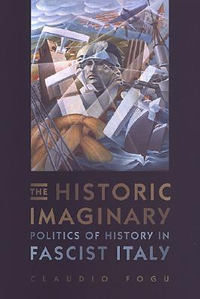
Summary
Focusing on both ritual and mass-visual representations of history in 1920s and 1930s Italy, The Historic Imaginary unveils how Italian Fascism sought to institutionalize a modernist culture of history. The study takes a new historicist and microhistorical approach to cultural-intellectual history, integrating theoretical tools of analysis acquired from visual-cultural studies, art history, linguistics, and reception theory in a sophisticated examination of visual modes of historical representation - from commemorations to monuments to exhibitions and mass-media - spanning the entire period of the Italian-fascist regime. Claudio Fogu argues that the fascist historic imaginary was intellectually rooted in the actualist philosophy of history elaborated by Giovanni Gentile, culturally grounded in Latin-Catholic rhetorical codes, and aimed at overcoming both Marxist and liberal conceptions of the relationship between historical agency, representation, and consciousness. The book further proposes that this modernist vision of history was a core element of fascist ideology, encapsulated by the famous Mussolinian motto that "fascism makes history rather than writing it," and that its institutionalization constituted a key point of intersection between the fascist aesthetization and sacralization of politics. The author finally claims that his study of fascist historic culture opens the way to an understanding and re-evaluation of the historical relationship between the modernist critique of historical consciousness and the rise of post-modernist forms of temporality.
Similar Books
-
 Writing the Past, Inscribing the Future: History as Prophecy in Colonial Java
Writing the Past, Inscribing the Future: History as Prophecy in Colonial Javaby Nancy K. Florida
-
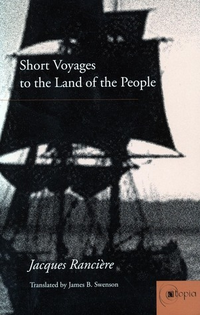 Short Voyages to the Land of the People
Short Voyages to the Land of the Peopleby Jacques Rancière
-
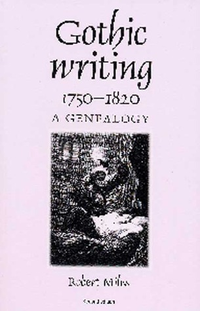 Gothic Writing 1750-1820: A Genealogy
Gothic Writing 1750-1820: A Genealogyby Robert Miles
-
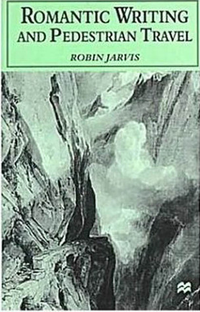 Romantic Writing and Pedestrian Travel
Romantic Writing and Pedestrian Travelby Robin Jarvis
-
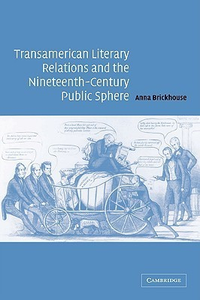 Transamerican Literary Relations and the Nineteenth-Century Public Sphere
Transamerican Literary Relations and the Nineteenth-Century Public Sphereby Anna Brickhouse
-
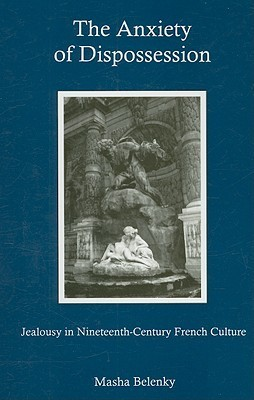
-
 Poetics Of The Pretext: Reading Lautréamont
Poetics Of The Pretext: Reading Lautréamontby Roland-François Lack
-
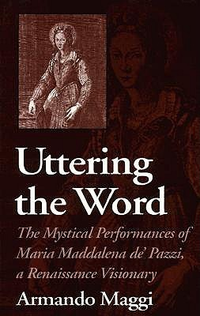
-
 English Literature and the Russian Aesthetic Renaissance
English Literature and the Russian Aesthetic Renaissanceby Rachel Polonsky
-
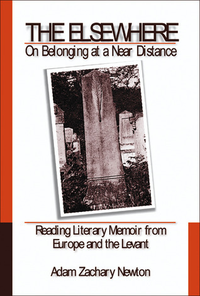 The Elsewhere: On Belonging at a Near Distance
The Elsewhere: On Belonging at a Near Distanceby Adam Zachary Newton
-
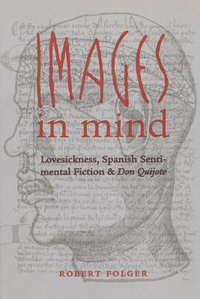
-
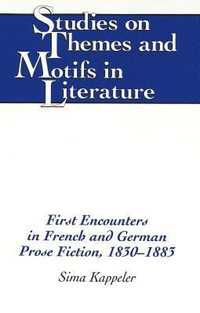 First Encounters in French and German Prose Fiction, 1830-1883
First Encounters in French and German Prose Fiction, 1830-1883by Sima Kappeler